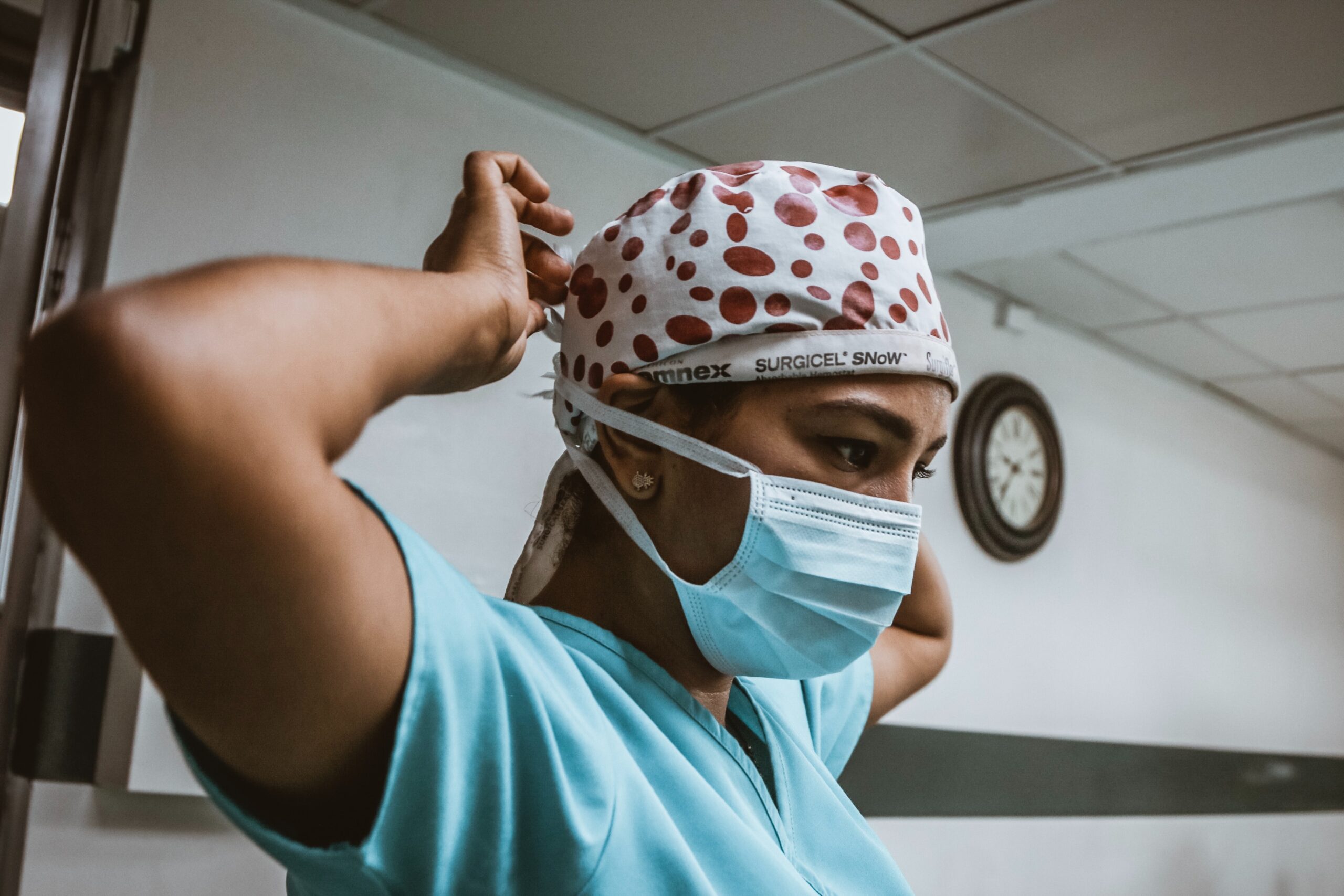How does sexual harassment and social connectedness affect burnout in physician mothers?

Project Summary
In collaboration with the Physician Moms Group, we analyzed how positive and negative social interactions affect burnout of female physicians. In a survey of over 1500 physician mothers we examined the association between workplace sexual harassment and burnout. In an embedded experiment, we then measured the causal impact of asking members of this community to reflect on how they support each other. We found that sexual harassment is very prevalent in this population; over 60% of physician mothers have experienced sexual harassment at work, either by colleagues or by their patients. This experience strongly predicts emotional exhaustion and depersonalization – so much so that the size of the predicted effect of experiencing sexual harassment by a colleague is equivalent to working an additional 20 hours a week, in terms of emotional exhaustion. Yet, we also found that reflecting on social connectedness within the online community can improve one’s sense of personal accomplishment, thus reducing overall burnout.
Why is this issue important?
Physician burnout affects more than 50% of physicians and is estimated to cost the US health care industry $4.6 billion each year. Burnout has been associated with sleep disorders, mental health concerns and suicidal ideation, painkiller misuse, as well as high turnover, reductions in work hours and effort, sub-optimal care, and medical mistakes. Understanding the causes of physician burnout, the prevalence of those causes, and testing potential solutions is critical to improving physician well being and, by extension, healthcare service delivery.
What are we doing?
In collaboration with the Physician Moms Group, an online Facebook group, we analyzed how positive and negative social interactions affect the emotional well-being of female physicians. In a study of 1,627 physician mothers who responded to an online survey, we first examined the association between workplace sexual harassment and burnout. In an embedded experiment, we then measured the causal impact of priming perceived social support and connectedness on the three dimensions of employee burnout.
What have we learned?
Negative and positive social interactions each affect different dimensions of burnout. Sexual harassment by colleagues is pervasive and strongly predicts emotional exhaustion, equivalent to the predicted impact of an additional 22 weekly work hours. Sexual harassment by patients is also common and associated with patient depersonalization, another dimension of burnout. At the same time, this online community is an opportunity for physician mothers to connect about their shared experiences. Reflecting on social connectedness improved participant’s sense of personal accomplishment with an effect similar in magnitude to more intensive in-person interventions, suggesting that social connectedness through online groups merits further consideration as a tool to mitigate burnout.
What comes next?
We will continue to explore what predicts burnout for different types of frontline workers and what works best in reducing it.